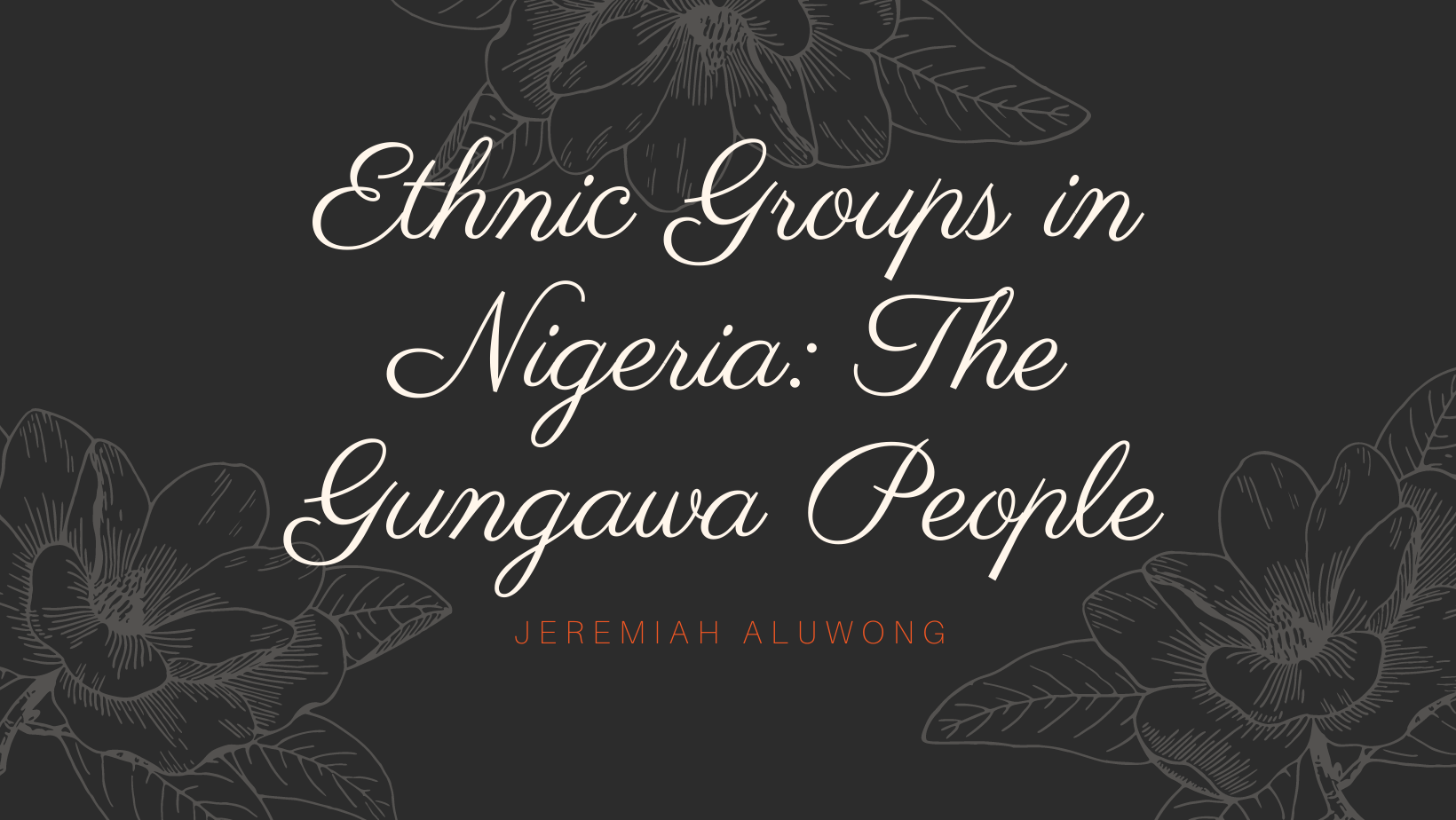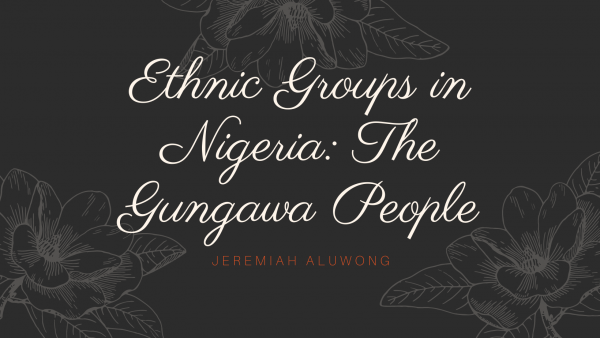Background
The Gungawa tribe is located in Yauri Local government area of Kebbi State and other parts of Niger State. There are diverse theories concerning the ancestry of the Gungawa also known as the Baresha people. Gungawa is the name adopted for them by their Hausa neighbours. It means “Island Dwellers” because they were surrounded by water. This description by the Hausa seems to have risen by reason of their geographic location. Among themselves, they bore the names Tsureja, Yaurawa or Bareshe people.
Read more on Discover Nigeria
Brief History
According to Muaza Baguda a native of the town, the Gungawa people are the original inhabitants of Yauri. They are said to have descended from a warrior called Kisira or Kachin who allied himself with the Hausa Soldiers to gain territory in the extreme North, then eventually settled with his co-fighters in present-day Yauri town. Those that live by the riverside farm onions and are involved in canoe building and fishing along the Niger. They are called Sorko or Soroko. However, soroko in Niger State now means professional fishermen with a phonological change to Sorogo.
Language/Geographic distribution
The language spoken was called Gunganchi, Gunga Tsureshe, Tsureya. Their land is called ‘Reshe’ or ‘Gungun’. The Gungawa are found mostly in the Northern part of Niger State and around islands in extreme Sokoto State. A few of them were also found in the Kontagora area and a recent finding affirmed that they were in Borgu Local Government area in Niger state and part of Kaunama Local Government in Kwara State. This area speaks a “corrupted” form or a unique dialect of the Gunganchi language because of the distance from their origin for a long time.
Political Administration
The Gungawa had to adopt the emirate system of administration like their Hausa neighbours because of the multi-ethnicity of the area. The emir rules form the palace which is situated in Yelwa, Kebbi state. Succession is not hereditary. Emirs are appointed and are assisted by local chiefs known as ‘’Sarki’’.
Traditional Attires
Prior to westernization and civilization, the Gungawa people dressed in animal hide fashioning it into different styles. But with the advent of westernization and colonization, men wear the ‘’babariga’ which is common among the Hausas while the women tie wrappers.
Marriage
The Gungawa people practice both polygamy and monogamy with a traditional or Islamic wedding ceremonies. When a baby girl is born, any man visiting can state his interest, laying claim to the girl’s hand in marriage. So when she is grown, the man and his family then farm and do whatever is necessary to please the girl’s parents. The girl might be betrothed to the boy/man at any age.
Also, the suitor goes along with Guinea corn but no bride price is required. In the past, men were not allowed to marry more than two wives.
Ceremonies/ Festivals
Like most African ethnic groups, the Gungawa celebrate ceremonies like child naming and funerals. During naming ceremonies, rice food called “lipia” is served with corn food. Circumcision is not so common in Gungawa communities.
Sign up to the Connect Nigeria daily newsletter
If a man dies and is confirmed to have died by foul play that very day, the oracle invokes the spirit of the dead man with an incantation to avenge his death. Both the old and young who die are buried in like fashion.
They also celebrate two major festivals namely; ‘Idembe’’ and ‘’Anipo’’ respectively. In the course of the festivals, an animal is sacrificed to the higher god named “Ijigo”. It is their equivalent of the harvest festival. They call it the millet festival.
Socioeconomic outlook
The Gungawa are predominantly farmers and fishermen. They involve in both subsistence and commercial farming. They are also into fishing depending mostly on the season.
Religious Belief
They are mostly either traditional worshipers or Muslims.
Reference:
Eduprojects
Wikipedia
Got a suggestion? Contact us: [email protected]


